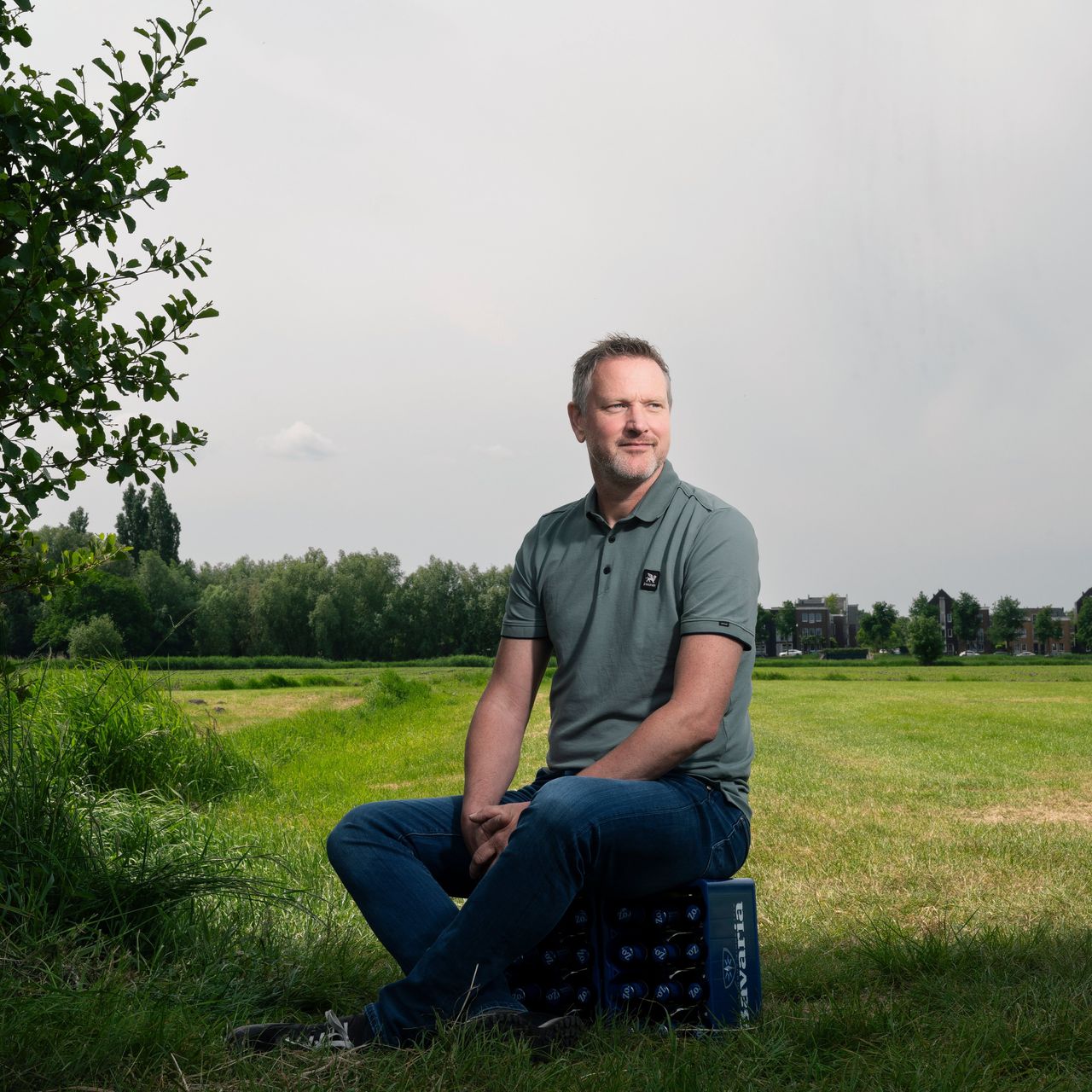‘Shell and Total withdraws partly from a crucial CO2 storage project, the government jumps at’
/s3/static.nrc.nl/images/gn4/data131262965-2f7d18.jpg)
The oil and gas companies Shell and TotalEnergies are partially withdrawing from the crucial CO for the cabinet2-Storage project under the North Sea, Aramis. They will not invest in the required pipelines, partly because they find this too risky. Insiders confirm that NRC.
Minister Sophie Hermans (Climate and Green Growth, VVD) wants to be accelerated on Co2-Storage, because she sees this as an important way to have a chance to achieve the climate goals for 2030. Other policy measures, for example, encourage companies to run their production processes on electricity instead of fossil fuels, are insufficiently coming off the ground because the power grid is full.
The climate plans that the minister will present on Friday is therefore stated that she wants to do everything in its power to realize Aramis in time, leaked out earlier this week. In concrete terms, the government itself will take measures to reduce the financial risks for the remaining two parties who work on Aramis, state companies EBN and Gasunie, so that the project could still continue, says an initiate now.
Money is released for this. That is a tendency that you increasingly see in the energy transition, also at Gas extraction in the North Sea. Companies say they can’t do it alone, and the government is partly taking over.
The cabinet will free up money so that the CO2-Storage project could continue
Shell and Total remain involved in the final storage of CO2 Self, via old and new drill platforms in used gas fields under the sea, sources emphasize. They also find an acceleration of the CO2-Storage plans important, but the risks of the pipelines would be too great for the companies. Due to a different distribution of the tasks, the project would be more likely to succeed.
Shell and Total have higher return requirements than EBN and Gasunie, because they have to invest with capital of shareholders, says a source. And therefore the rates for the transport and storage of CO would2 Also get higher.
By taking a step aside, that problem has been solved and the project can become more affordable, according to the initiate. « That is something positive. You need a whole chain of activities to get this done, and if everyone focuses on what they can best, this gets the fastest off the ground. » At the same time, the decision to invest in the pipes is no longer expected at the end of 2025, but « as soon as possible » in 2026, says a person involved.
‘Spicy conversations’
The initiate also says that recently ‘spicy conversations’ have been conducted between Shell and Total on the one hand and the government on the other, because the companies would get a very large role in ‘crucial infrastructure’, and so too much market power under the original plans.
Shell and Total continue to play a role on other fronts: they will soon offer customers transport and storage services. A final decision is made to invest in the pipelines, they also contribute to further preparations, such as arranging permits and making technical drawings.
The Aramis project is by far the largest CO2-Storage project in the Netherlands, and also one of the few. There are only a few successful large -scale examples worldwide. The intention is that from 2028 22 million tonnes of co annually annually2 is stored. For comparison: in the Netherlands around 150 million tons of CO are used annually2-equivalent emitted.
The risk of building the pipeline is largely in the fact that a lot of money has to be invested, without it being certain that the available capacity will actually be sold to customers. The intention is that all kinds of industrial businesses2 can be stored via those pipelines. But many concrete projects to co2 There are not yet to be absorbed. It is uncertain whether and when they come.
Total and the Ministry of Climate and Green Growth say they cannot comment. A Shell spokesperson does not want to confirm anything but says: « Shell is closely involved with Aramis from the first hour and we will stay that way. Aramis is crucial to help industry more sustainable and to achieve Dutch climate goals. »
Underground CO2– Storage is controversial in particular in environmental and climate groups. They fear that it is the incentive at companies to actually make it more sustainable and less co2 to pull out, removes, because there is a solution for their ‘waste’.

:format(webp)/s3/static.nrc.nl/images/gn4/stripped/data119844303-18c090.jpg)
:format(webp)/s3/static.nrc.nl/wp-content/uploads/2025/06/05163439/data133217982-f902a2.jpg)





